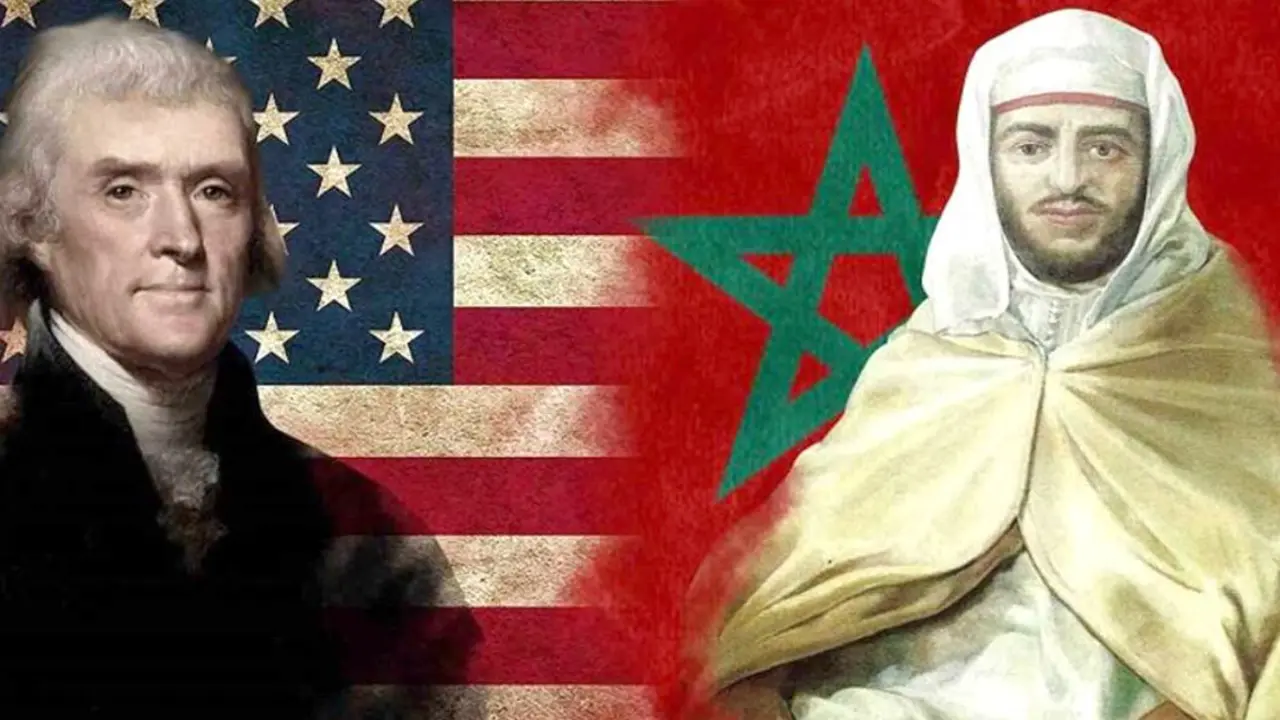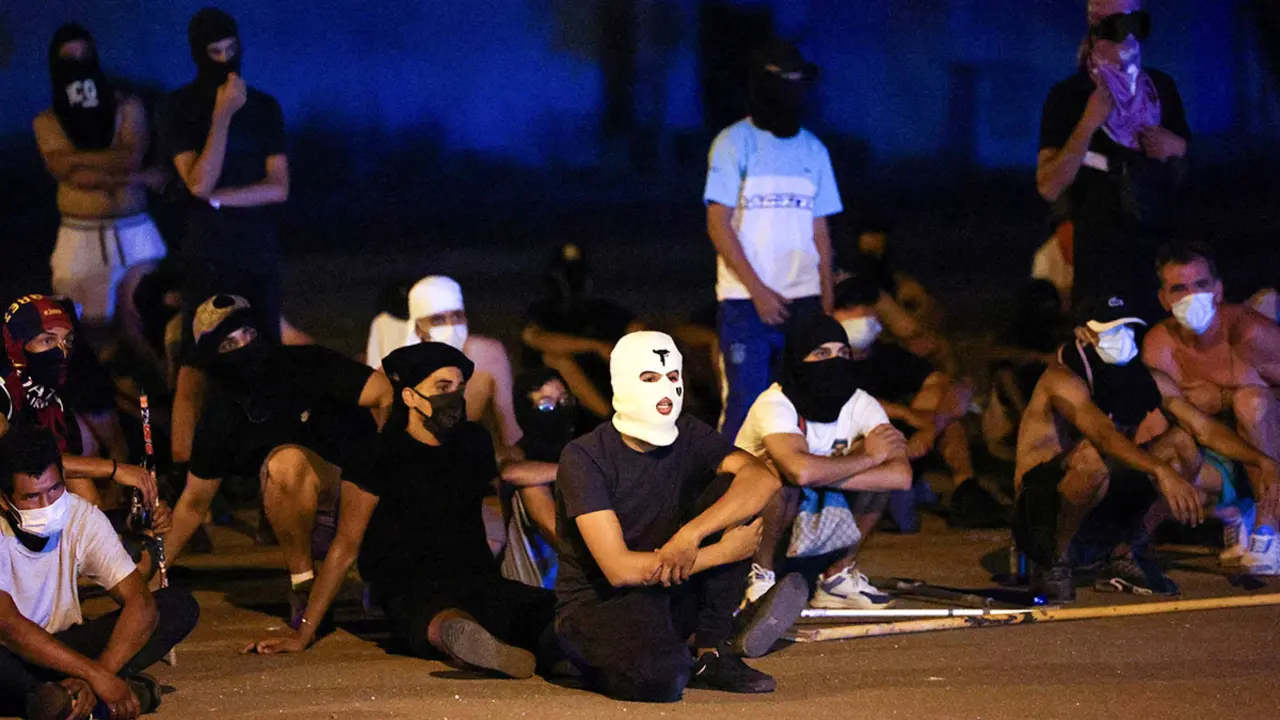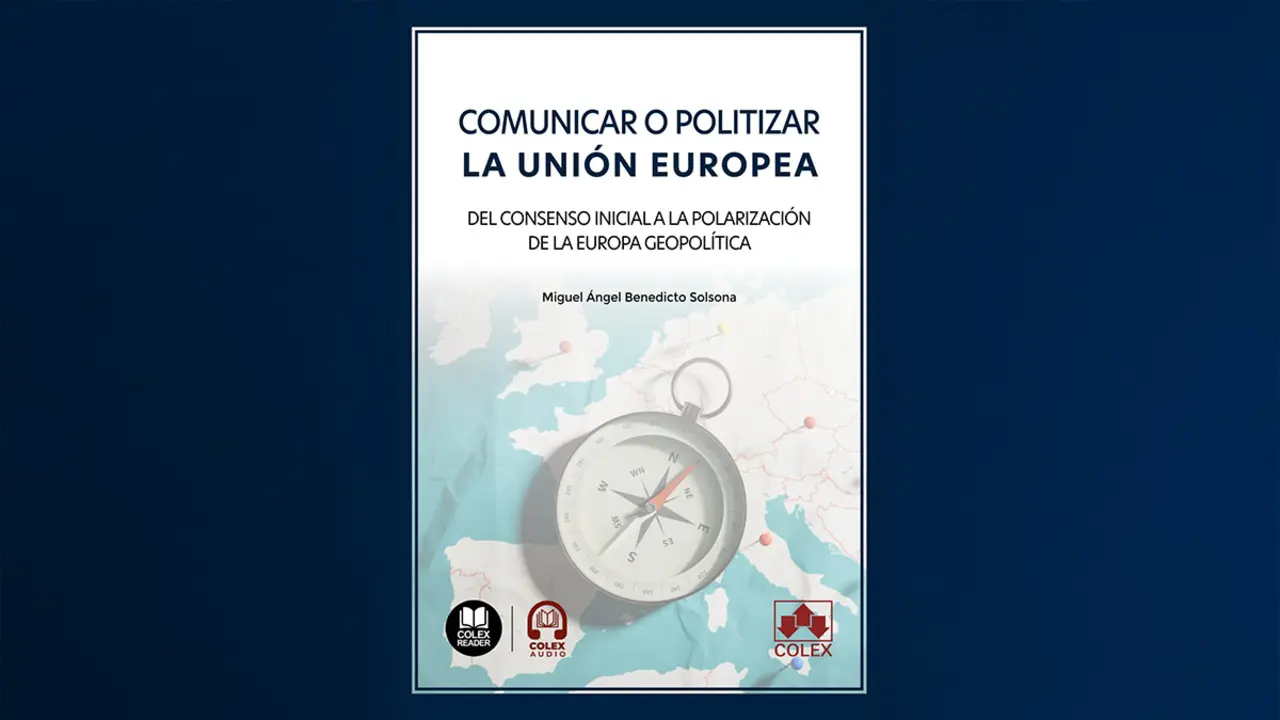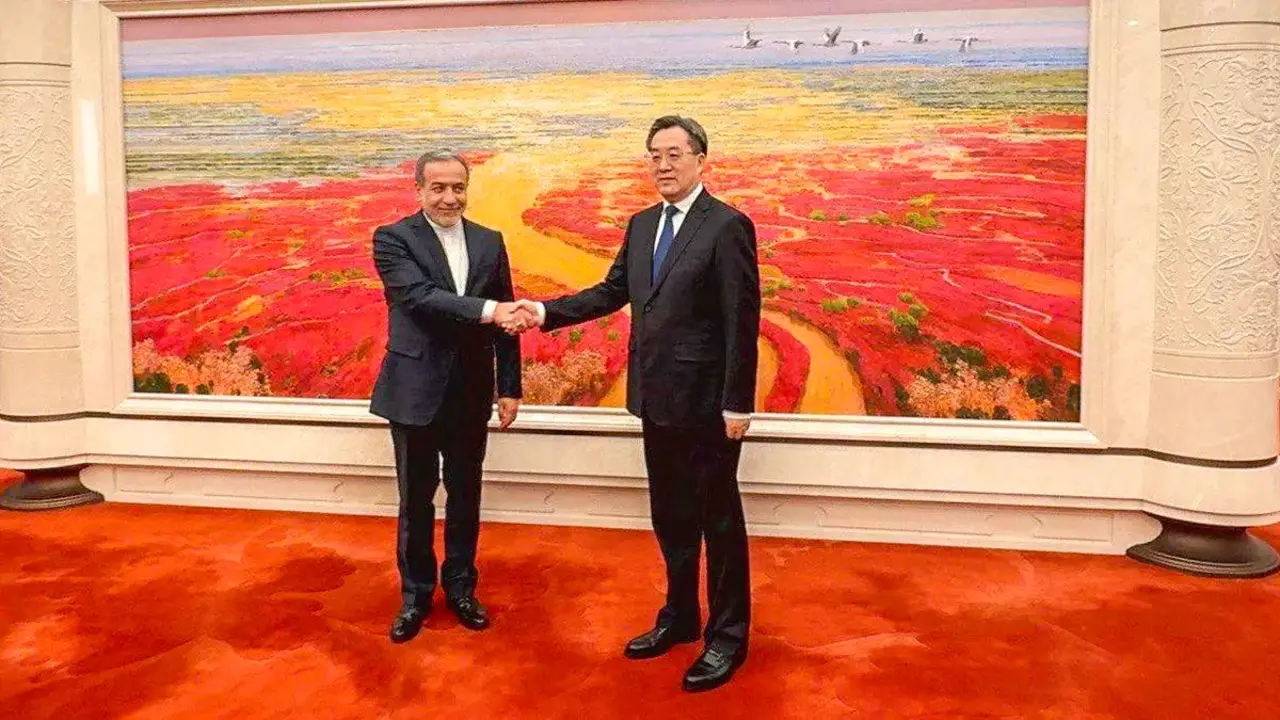Ukraine reaffirms its support for Morocco over Sahara sovereignty

The Moroccan administration's good deeds are bearing fruit. The Kingdom of Morocco was one of the first non-NATO countries to support the Ukrainian nation. Months later, Ukrainian Foreign Minister Dymtro Kuleba confirmed his country's support for Morocco's sovereignty over the territory of Western Sahara. On an official visit, the first since the outbreak of the war, the minister himself, Dymtro Kuleba, stated that the Alawi position is 'a serious basis for the successful solution of the Sahara problem and conflict'.
Within the Moroccan government, Kiev's reactions to its position on the Saharawi conflict have come as a surprise. The government claims that the complicit position is a sign of Morocco's successful foreign relations. According to Moroccan observers, Morocco is demonstrating a strong capacity to win allies for its strategy of resolving the Sahara crisis without yielding to its strong positions based on two fundamental pillars: respect for the sovereignty and territorial integrity of all UN member states, a strategy that has enabled it to gain the support of both Russia and Ukraine.

Kuleba underlined that his country is well aware of the importance of the Sahara in the hearts of Moroccans during a press conference he held in Rabat with the Minister of Foreign Affairs, African Cooperation and Moroccan Expatriates, Nasser Bourita. Because of all that unites the two nations, the Ukrainian minister said his decision to visit Morocco was "very intentional" and expressed his desire to create a platform for closer cooperation and stronger ties between Moroccan and Ukrainian state institutions.
He noted that his government supports the efforts of the UN envoy to the Moroccan Sahara, Staffan de Mistura, without saying anything that could alter the mood of decision-makers in Rabat. Kuleba explained that his country, which seeks to correct the mistakes of the past by marginalising Ukrainian-Moroccan relations, believes that the autonomy plan proposed by Morocco is the most credible way of resolving the fictitious dispute over the Moroccan Sahara. Bourita reaffirmed that he sees the Russian-Ukrainian conflict as a problem affecting world peace and security and that Rabat's position has been very clear from the beginning, namely that the Kingdom has no interest in this conflict, will not take sides in it and has made no contribution to it.
First-ever bilateral visit to Morocco at the start of my second Africa tour. FM Nasser Bourita and I focused on the Peace Formula, new economic opportunities, trade and visa liberalization. We have always welcomed Moroccan students and hope to welcome more of them in the future. pic.twitter.com/Xxj41gwgWY
— Dmytro Kuleba (@DmytroKuleba) May 22, 2023
Since the beginning of the conflict, Rabat's position has been the same as the one it has maintained in the various international forums: the non-use of violence and non-use of force. The use of peace and the Kingdom's unconditional premise for the use of peaceful solutions, according to Bourita, are the keys to Morocco's gaining the trust of countries from all walks of life. The rigour of the royal diplomatic approach, which places the Sahara issue at the centre of Alawi foreign policy, and the balanced diplomatic presence in the international arena, according to Mohamed Salem Abdel Fattah, president of the Saharawi Centre for Media and Human Rights are two factors that oblige nations that want to establish themselves in the region and strengthen their relations with Morocco to express their open support for Moroccan sovereignty over the Sahara.
M. Nasser Bourita a reçu, aujourd'hui à Rabat, le ministre ukrainien des Affaires Etrangères, M. Dmytro Kuleba.@DmytroKuleba pic.twitter.com/r0KLDsPoRW
— Maroc Diplomatie 🇲🇦 (@MarocDiplomatie) May 22, 2023
Hicham Moatadid, a Moroccan academic and expert in international and strategic relations, told Al-Arab that he believes the visit of the Ukrainian Foreign Minister is a sign that the administration has managed to balance its relations with Russia and Ukraine despite the complex geopolitical circumstances they are experiencing. In particular, the political repercussions of the war, where he emphasises that Ukraine was involved in the conflict, are of particular concern.
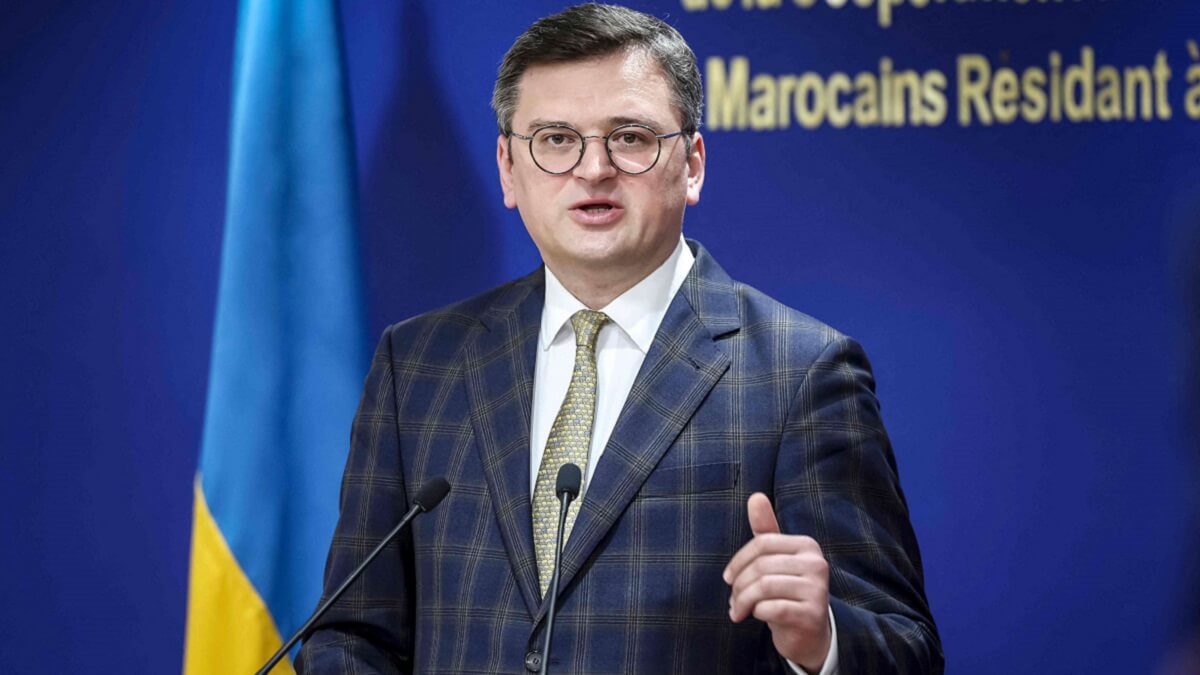
Moatadid affirms that the Ukrainian support, following the positions of Madrid and Lisbon, is a diplomatic victory for the Sahara issue and a commitment to the global trend of support for the Moroccan autonomy initiative. During his visit to Morocco, the Ukrainian foreign minister identified three key objectives. The first is to mobilise as many nations as possible to support the peace plan put forward by Ukrainian President Volodimir Zelensky to end Russia's war against his nation. Morocco made this plea among Arab League nations at a summit hosted by the Saudi city of Jeddah.
Thus, Moatadid stated in an interview with Al-Arab that 'the relationship based on the win/win rule, which Morocco established in its foreign relations and which was quickly absorbed by the Ukrainian decision-makers, preceded by the Russians, began to bear fruit in the management of bilateral strategic relations, especially after Rabat showed on many political broadcasters its adoption of positions based on respect for its international partners'.

